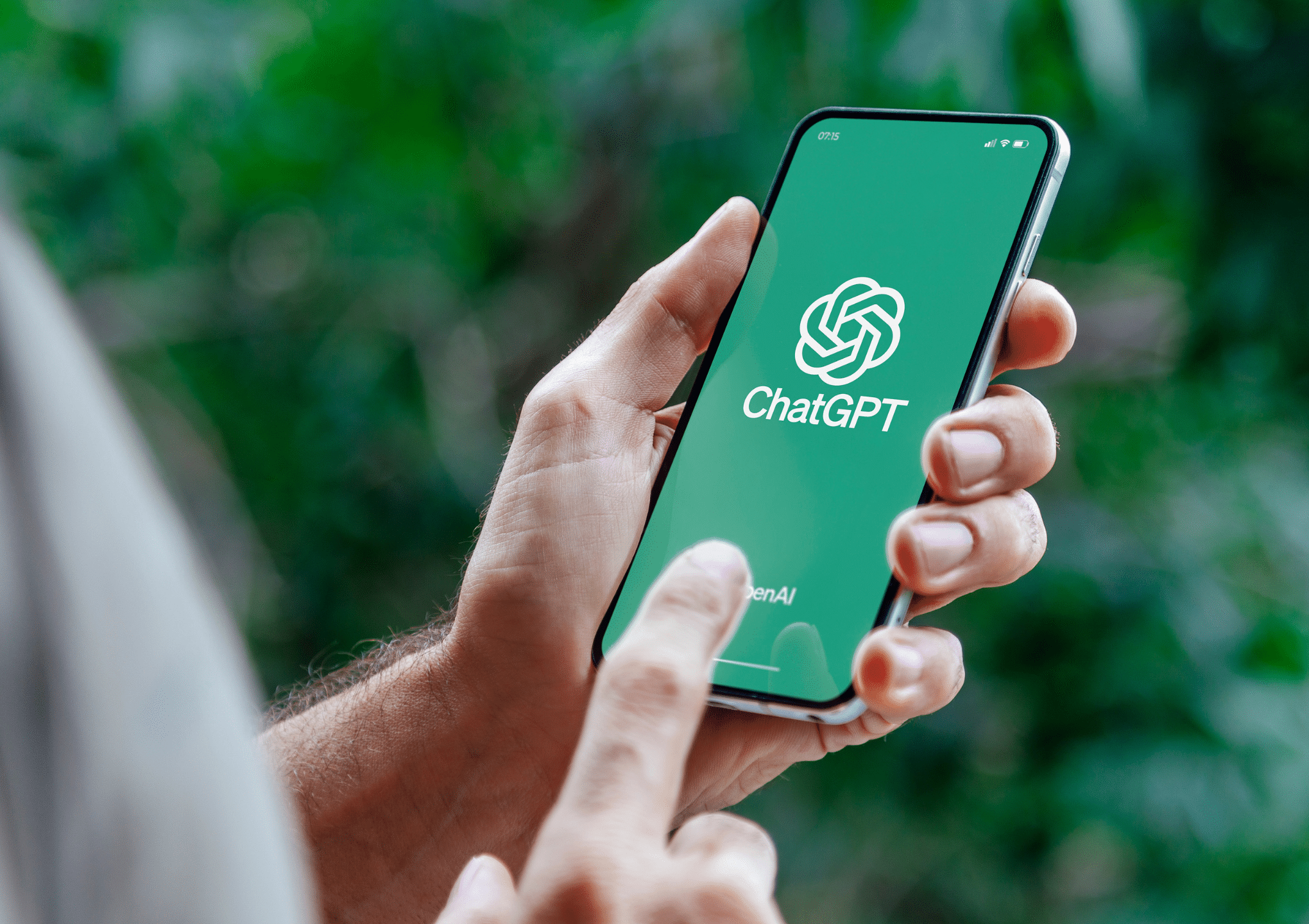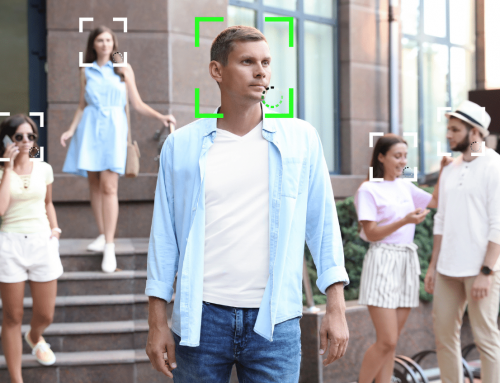Image: Alex Photo Stock / shutterstock.com
When the chatbot suddenly testifies as a witness
A 19-year-old student from the USA probably thought he could vent on ChatGPT - and ended up behind bars. What actually sounded like a confidential conversation with artificial intelligence later became the number one piece of evidence. The charge: massive damage to property. The crime scene: a campus parking lot.
According to the US portal "The Smoking Gun", the student damaged 17 cars in the middle of the night - smashed windows, destroyed mirrors, dented hoods. The police found shoe prints, camera images and location data from his iPhone at the scene. But what really tipped the scales was his own chat history with ChatGPT.
His desperate exchange began innocuously: "How screwed am I?" Then came the almost classic question: "Am I going to jail?" And finally the digital confession: "I broke all those useless fucking cars!"
It was a direct hit for the investigators. Digital confession equals admission of guilt - the student was arrested and is now in custody.
AI instead of the confessional: is this the new investigator?
The case raises controversial questions: When we talk to an AI, is it still private? Or has someone been reading it for a long time - in case of doubt, the police?
In the USA, the investigators were only allowed to use the chat because the student had consented to the search of his cell phone. In Germany, this would also hardly be possible without a court order - at least in theory. This is because the so-called privilege against self-incrimination protects people in Germany from incriminating themselves, for example by handing over their PIN.
But be careful: if you unlock your cell phone with your face or fingerprint, you don't necessarily have this protection. The Bremen Higher Regional Court clarified this at the beginning of 2025: Investigators are allowed to press a suspect's finger on the display to unlock the cell phone - legally protected by Section 81b of the German Code of Criminal Procedure.
Smartphones as open books - and we write with them
What used to be the diary is now the smartphone chat. The only difference is that it doesn't lie in a drawer, but can be read digitally at any time - by anyone.
The fact that a chat with an AI of all things can lead to a conviction is a new milestone. No human snitched on him, no camera filmed him directly committing the crime - he incriminated himself, voluntarily, digitally, against a machine of all things.
Not a conversation, but a saved data record
Anyone who eases their conscience with an AI should not be surprised if there are soon legal consequences. The case shows how dangerous the feeling of digital confidentiality can be. What feels like a soliloquy is actually a data record that can be stored.
Technology does not forgive - it remembers. Anyone who thinks ChatGPT is a digital friend with a duty of confidentiality is very much mistaken. It's not a confession, it's a protocol. And sometimes also a ticket to prison.







